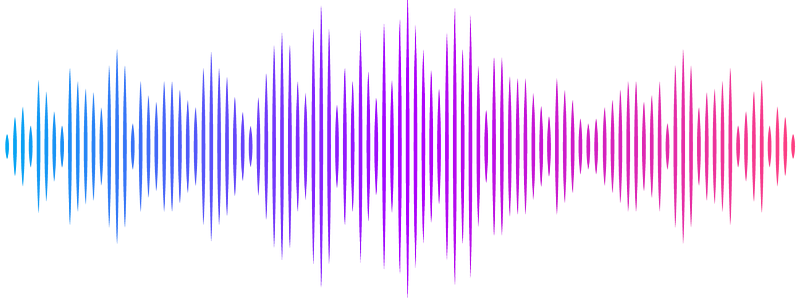Synthetic augmentation of cancer cell line multi-omic datasets using unsupervised deep learning

Synthetic augmentation of cancer cell line multi-omic datasets using unsupervised deep learning
Cai, Z.; Apolinario, S.; Baiao, A. R.; Pacini, C.; Sousa, M. D. d.; Vinga, S.; Reddel, R. R.; Robinson, P. J.; Garnett, M. R.; Zhong, Q.; Goncalves, E.
AbstractMulti-omic characterization and integration remains a challenge due to data complexity and sparsity. Addressing this, our study introduces an unsupervised deep learning model, MOVE (Multi-Omic Variational Encoder), specifically designed to integrate and augment the Cancer Dependency Map (DepMap). Harnessing orthogonal multi-omic information, this model successfully generates molecular and phenotypic profiles, resulting in an increase of 32.7% in the number of multi-omic profiles and thereby generating a complete DepMap for 1,523 cancer cell lines. The synthetically enhanced data increases statistical power, uncovering less studied mechanisms associated with drug resistance, and refines the identification of genetic associations and clustering of cancer cell lines. By applying SHAP for model interpretation, MOVE reveals multi-omic features essential for cell clustering and biomarker identification related to drug and gene dependencies. This understanding is crucial for the development of much-needed, effective strategies in prioritizing cancer targets.


